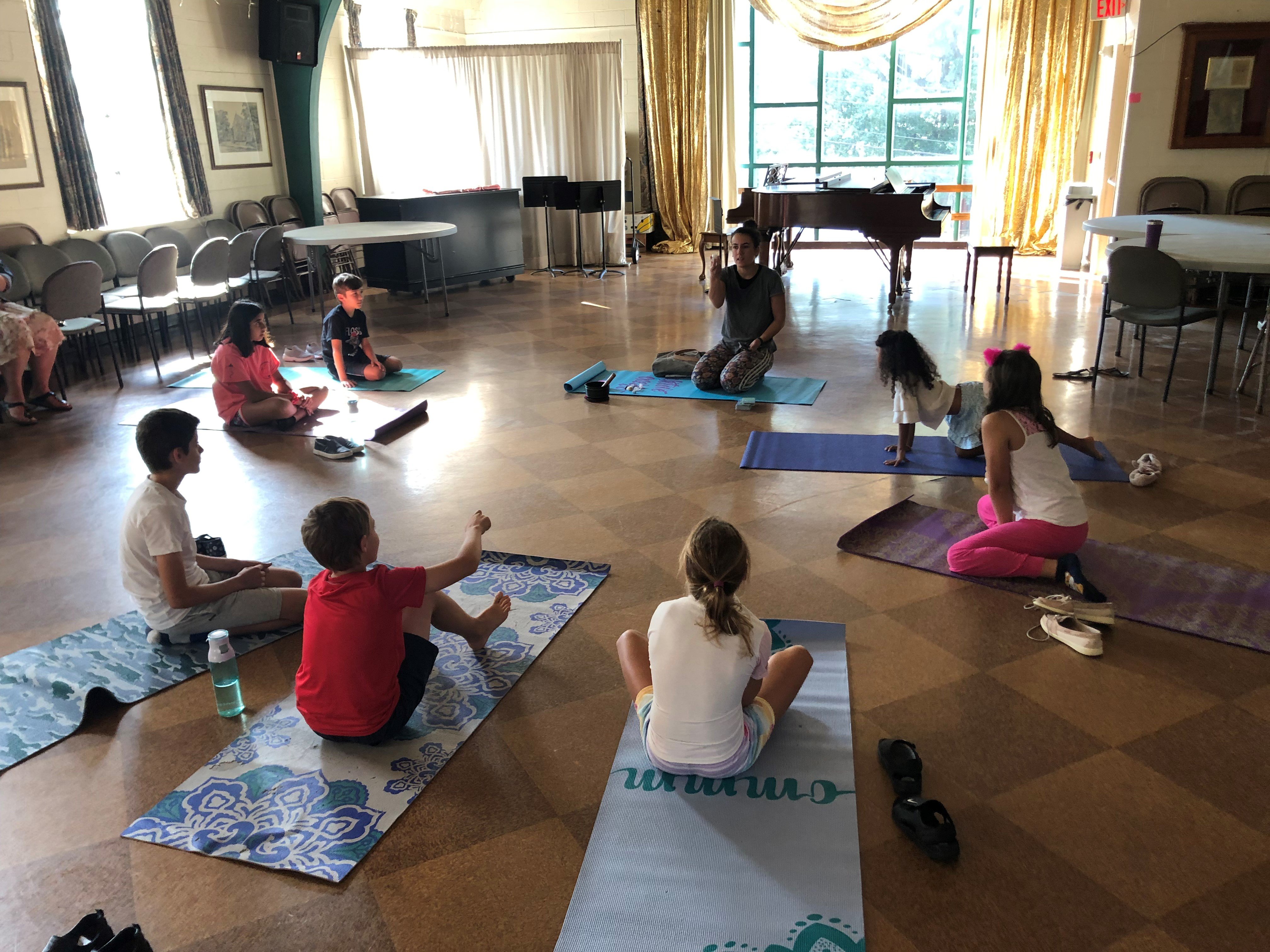 Towards the end of the first session, Elementary guides introduced the practice of giving and receiving feedback. This can be hard—not just for learners but for adults too!
Towards the end of the first session, Elementary guides introduced the practice of giving and receiving feedback. This can be hard—not just for learners but for adults too!
Warm-Cool-Warm Framework
First, the guides introduced Acton’s “warm-cool-warm” feedback framework. The guides launched with a clip from MasterChef Junior, where elementary- and middle-school-aged children take on cooking challenges and get feedback from master chefs.
For example, during the hamburger challenge, one chef offered warm-cool-warm feedback to a young competitor: “I loved your burger. The combination of coleslaw and spices was perfect. The bun was too soggy. Next time, toast the bun more. I liked how you cooked the burger to the perfect temperature.”
Guides then asked, “Which helps you make more progress on your own Hero’s Journey, receiving warm feedback or receiving cool feedback? Which type of feedback is more challenging to receive: feedback in person or in writing?”
Several learners argued that cool feedback is more helpful on their journey. However, many expressed nervousness about giving and receiving feedback face-to-face.
Full-Circle Feedback
The learners first practiced giving written “full-circle feedback” to each other via a Google survey.
The learners will give and receive full-circle feedback every session at Acton. They will choose three studio-mates to anonymously give one star and one wish to—one star for something they appreciate or are thankful for about the person, and one wish for something they’d like that person to do differently. Guides shared examples of specific and useful feedback.
The learners then spent 20 minutes submitting full-circle feedback for their fellow learners. The guides compiled the answers and shared the feedback each learner received. Examples of feedback included:
- “I like how you are enthusiastic. I wish you could be less physical.”
- “I like how he will give me my chair back in core skills. I wish you would be stronger to other people.”
- “I like how you are really kind. I wish you would clean the core skills room without having me help.”
Feedback in Writer’s Workshop
Continuing the theme of feedback in Writer’s Workshop this week, the learners moved into the peer review phase for their memoirs. The guides launched by showing a funny video of the “top 10” ineffective peer reviewers:
- Picky Patty
- Whatever William
- Social Sammy
- Jean the Generalizer
- Mean Margaret
- Loud Larry
- Pushy Paula
- Off-Task Oliver
- Speedy Sandy
- Defensive Dave
The guides asked the learners, “Which character do you most identify with? Which character do you think would be the hardest to work with?”
After setting some guardrails for peer review feedback, the learners paired up to read each other’s draft memoirs and offer warm-cool-warm feedback. The learners then worked on revising their memoirs to incorporate the most helpful feedback.
Feedback Reflection
At the end of the week, the guides then challenged the learners to reflect on the feedback they had received, asking, “What was the most useful feedback you received? What was the most surprising feedback you received? Based on the feedback, what is your personal growth goal for next session?”
At Acton, we believe that effectively giving and receiving feedback is a powerful tool. The learners will have many opportunities over the course of the year to practice giving and receiving feedback—at the end of each session, during quests, in Writer’s Workshop, and at other times. Over the year, the learners will become more comfortable giving specific and useful feedback as well as receiving feedback gracefully—a practice that will serve them well on their Hero’s Journey.